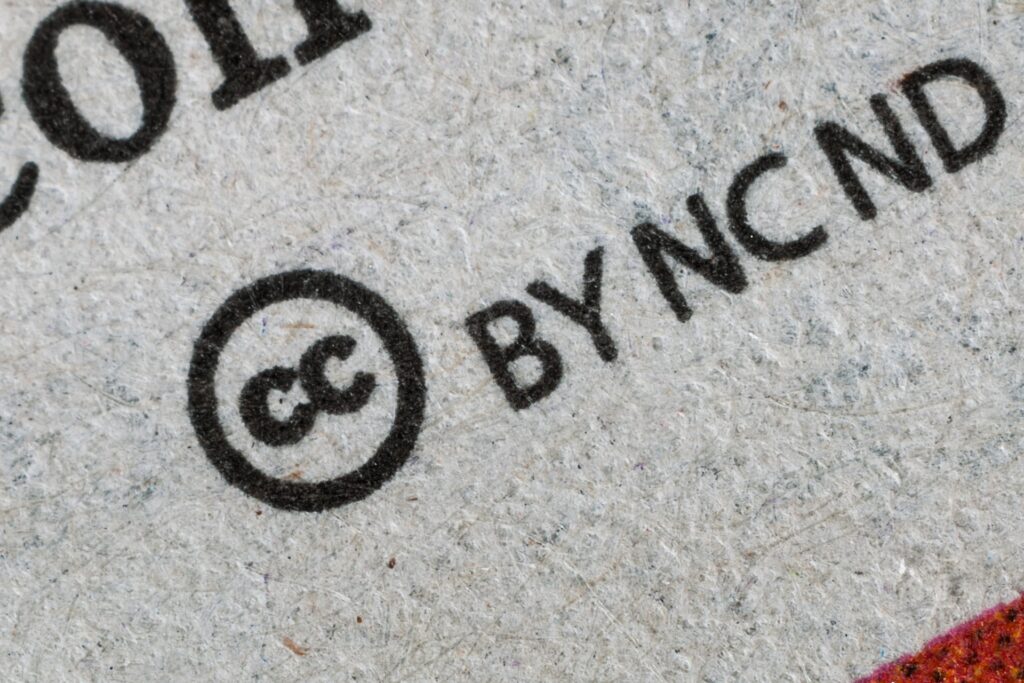Knowing what should a freelance writer ask a client is crucial to ensure clarity, set expectations, and ultimately deliver quality work that meets or exceeds the client’s needs.
In this post, we’ll talk about the essential questions freelance writers must ask clients to establish a productive and successful working relationship.
From project scope to deadlines and preferred communication channels, these inquiries will arm you with the insights needed to embark on a seamless collaboration.
Let’s explore the vital questions that can make or break your next freelance project.
Understanding the Project
Before you set your fingers on the keyboard to start crafting content, it’s crucial to get a deep understanding of the project. This not only ensures that you’re on the right track, but also shows your professionalism and dedication to your clients.
What is the main purpose of the project?
Knowing the primary goal of the project is like having a compass in a vast forest. It will guide your writing, helping you stay focused and relevant.
Is the client trying to inform, persuade, or entertain their audience? Or maybe they want to increase brand awareness or improve SEO ranking?
Once you know the purpose, you can tailor your writing to achieve it.
Who is the target audience?
Understanding the target audience is just as important. After all, they are the ones who will be reading your work.
Are they industry experts or general readers? Young adults or senior citizens?
Knowing this will help you choose the right language, tone, and examples that resonate with them.
What is the desired word count or length?
Word count may seem trivial, but it can significantly impact how you structure your content. A 500-word blog post will be much different than a 3,000-word guide. Make sure you know the expected length beforehand so you can plan your content accordingly.
What is the preferred tone and style?
Every brand has its unique voice. Some prefer a formal and authoritative tone, while others opt for a casual and conversational style. Ask your client about their preferred tone and style. If possible, ask for sample writings or style guides to ensure your writing aligns with their brand voice.
Diving Into Project Specifics

After you’ve got a grasp on the general overview of the project, it’s time to get into the nitty-gritty details. These are the specifics that will help shape your content and ensure it aligns seamlessly with your client’s expectations.
What are the key points or messages to be conveyed?
Every piece of writing has a core message it wants to deliver. It could be the benefits of a product, the values of a company, or insights on a particular topic. Knowing these key points will help you construct a compelling narrative that effectively communicates the intended message.
Are there any specific keywords that need to be included for SEO purposes?
In the digital age, SEO is a critical consideration for any written content. If your client provides specific keywords, make sure to incorporate them naturally into your writing. This can help improve the visibility of the content online and attract the right audience.
Are there any examples of similar work that the client likes?
Examples are a great way to understand your client’s preferences. They can give you an idea of the structure, tone, or style that your client appreciates. Don’t hesitate to ask for samples, as they can serve as valuable references when you start writing.
Meeting Timelines and Deadlines

Time is of the essence in any project, and freelance writing is no exception. Understanding your client’s timeline and deadlines is crucial to managing your workload effectively and delivering high-quality work on time while staying motivated.
When does the client need the completed work?
The final deadline is a vital piece of information for planning your schedule. Knowing when the client expects the finished product allows you to work backward and allocate your time wisely. Make sure to clarify this upfront and factor in some buffer time for unexpected delays or revisions.
Are there any intermediate deadlines for drafts or sections?
In some projects, especially larger ones, the client might want to review drafts or sections of the work progressively. This can be beneficial for both parties as it allows for early feedback and course correction if needed. It’s important to know these intermediate deadlines so you can structure your writing process accordingly.
Budget and Payment: Nailing Down the Details

One of the most sensitive yet critical aspects of any project is discussing the budget and payment. It’s important to handle this professionally and transparently, ensuring both you and your client are on the same page.
What is the budget for the project?
Before you begin any work, it’s essential to establish what the budget for the project is. This helps set expectations and allows you to evaluate if the project aligns with your rates and the effort required. It’s not just about accepting whatever is offered, but making sure you’re fairly compensated for your skills and time.
What is the payment method and schedule?
Equally important is understanding the payment method and schedule. Will you be paid via bank transfer, PayPal, or another method? Is payment due upon completion, or will there be phased payments throughout the project? Clearing these details upfront can prevent potential misunderstandings and ensure a smooth financial transaction.
Remember, discussing money matters might feel awkward, but it’s a fundamental part of professional freelancing. Don’t shy away from this conversation. Instead, approach it with confidence and open-mindedness.
By doing so, you’ll foster a transparent relationship with your clients, which is key for successful and long-term collaborations. So, don’t just focus on crafting compelling content. Make sure you also have a clear handle on the financial side of the project.
The Revision Process: Perfecting Your Work

Revisions are part and parcel of the journey to excellence. They provide an opportunity to refine your work and ensure it aligns perfectly with your client’s vision. Let’s explore some key aspects of the revision process.
How many revisions are included in the price?
Before you start writing, it’s important to clarify how many rounds of revisions are included in your agreed price. This helps set clear boundaries and ensures that both you and your client have the same expectations. Remember, your time is valuable, so make sure to factor in the effort required for potential revisions when negotiating your rate.
What is the process for requesting and making revisions?
Understanding how the revision process works can save you a lot of time and confusion down the line.
Will the client mark up changes directly on the document, or will they provide feedback for you to implement? Is there a specific platform or tool they prefer to use for this process?
Knowing these details can streamline communication and make the revision process smoother for both parties.
Ownership and Rights: Who Holds the Pen?

In the world of freelance writing, understanding the nuances of ownership and rights is vital. It’s an area that can significantly impact your portfolio, reputation, and even income.
Who will own the rights to the work once it’s completed?
Once you’ve crafted a piece of content, who gets to claim ownership?
This is usually determined by the type of contract you have with your client. In some cases, you may retain certain rights to your work, while in others, the client may have full ownership. Make sure this is clearly defined before you start to avoid any potential misunderstandings down the line.
Will the work be published under the freelancer’s name or as a ghostwritten piece?
This is another important aspect to consider. Will you get a byline, or will the content be published anonymously or under someone else’s name? Both scenarios come with their own set of pros and cons:
Publishing under your name:
- Pros:
- Adds to your professional portfolio.
- Boosts your personal brand and credibility.
- Can open doors to more opportunities if the client is prestigious.
- Cons:
- You may not want your name on a piece that gets heavily edited and doesn’t reflect your original work.
- It may restrict you from working with competitors if the content is industry-specific.
Ghostwriting:
- Pros:
- Often pays more due to the relinquishment of credit.
- Allows for more flexibility as your name isn’t tied to specific content or clients.
- Cons:
- You can’t use the content in your portfolio.
- It may not contribute to building your personal brand or reputation.
Remember, there’s no one-size-fits-all answer when it comes to ownership and rights. What matters is finding the balance that works best for you based on your career goals, financial needs, and personal preferences. So, before you put pen to paper, make sure you’re clear about where the lines are drawn.
Communication: The Key to Successful Collaboration

In any freelance project, communication is the glue that holds everything together. It’s the bridge that connects your creative vision with your client’s expectations. Here are a couple of key aspects of effective communication.
What is the preferred method of communication (email, phone, etc.)?
Everyone has their own preferred way of communicating. Some clients might prefer quick text messages or emails, while others may opt for more traditional methods like phone calls.
Understanding your client’s preferred communication style can make interactions smoother and more efficient. Make sure to discuss this upfront and agree on a method that works well for both parties.
How often does the client want updates?
Regular updates are crucial in keeping a project on track and ensuring that everyone is aligned. However, the frequency of these updates can vary from client to client. Some may prefer daily check-ins, while others might be content with weekly updates.
It’s important to clarify this at the beginning of the project to ensure that you’re meeting your client’s expectations without overwhelming them with too much information.
Unlock Your Potential with Premium Content: Elevate your real estate and business game with our content creation services. Don’t miss out on the opportunity to stand out. Contact us today and take the first step towards success!
